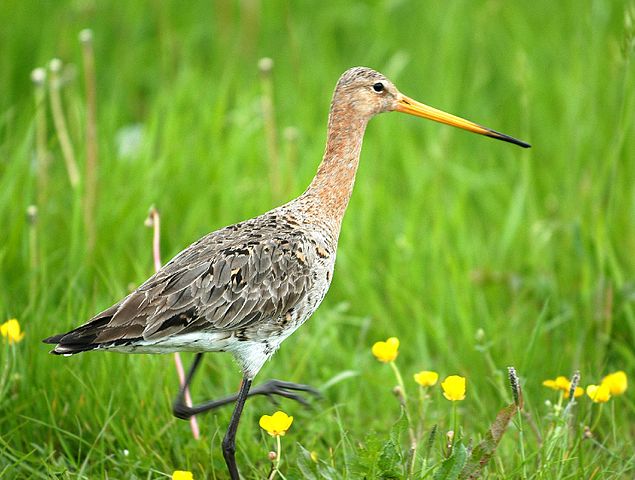Dutch nature report: intensive farming is a continuing threat
 The World Wide Fund for Nature has published its first major report on wildlife in the Netherlands, warning that action is needed to curb the impact of intensive arable farming if some species are to be protected.
The World Wide Fund for Nature has published its first major report on wildlife in the Netherlands, warning that action is needed to curb the impact of intensive arable farming if some species are to be protected.
The report says there has been a fragile recovery in some animal populations but that this is largely confined to species living in or near water, including fish, amphibians and dragonflies.
The recovery is due to improved water quality, a new approach to maintaining river and canal banks and the introduction of fish funnels, the report says
However, intensive agriculture is continuing to have a serious impact on flora and fauna in the countryside and dune area as a whole, the WWF says.
The use of fertilisers and pesticides, repeated mowing and reducing the level of the water table have had a severe impact on birds, such as the black-tailed godwit and oystercatcher.
The report says it is high time the government made drastic choices. Intensive, mass scale farming should give way for more sustainable food production which provides a proper income for farmers.
In addition, existing rules for protecting wildlife should be employed as part of a concrete strategy. ‘Many places are properly protected on paper but in practice there is a lack of good policy,’ the WWF said. ‘The government needs to show the strength and ambition to make work of this.’
Thank you for donating to DutchNews.nl.
We could not provide the Dutch News service, and keep it free of charge, without the generous support of our readers. Your donations allow us to report on issues you tell us matter, and provide you with a summary of the most important Dutch news each day.
Make a donation